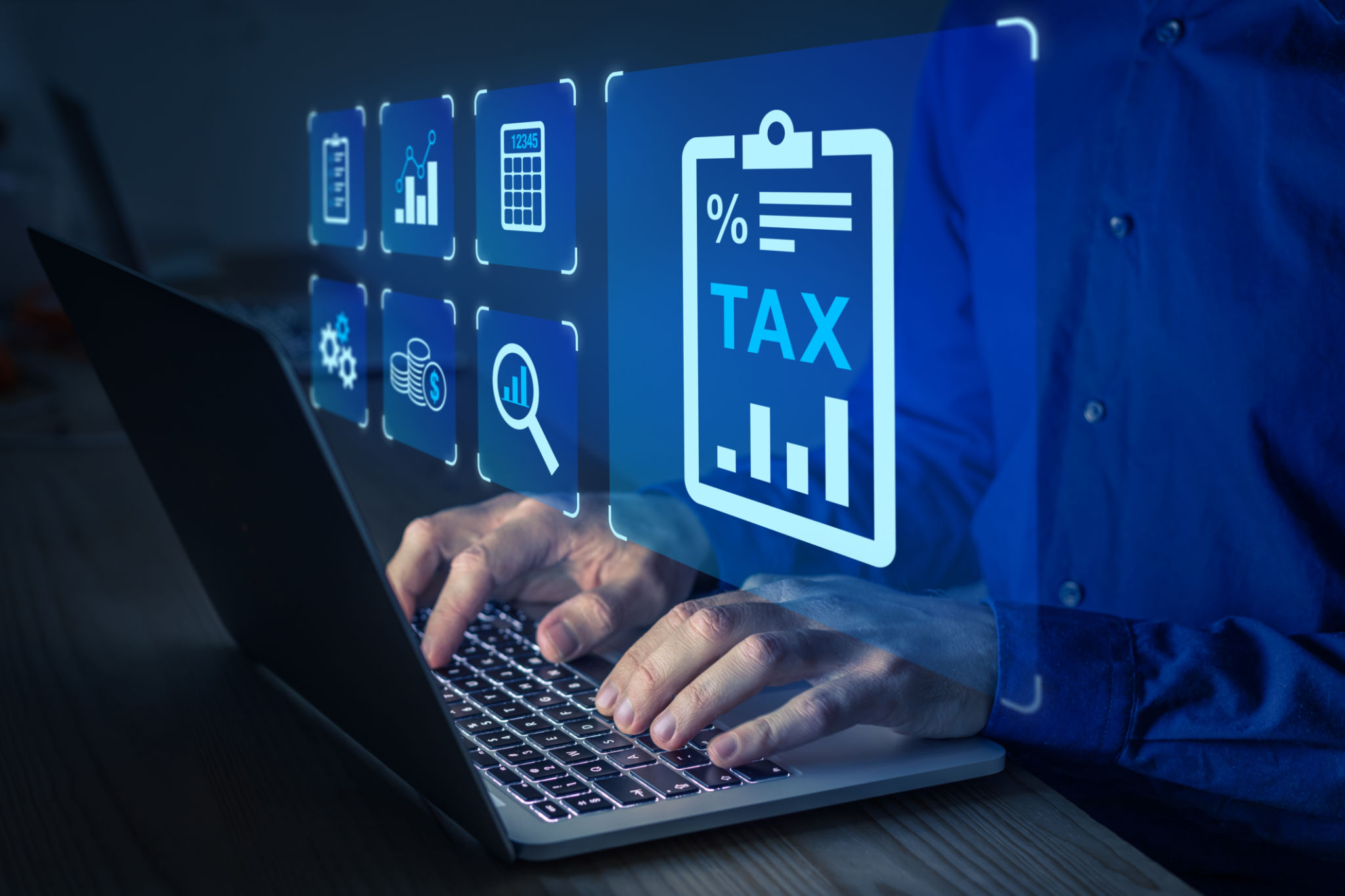Navigating Tax Season: Essential Tips for El Centro Residents
Understanding the Basics of Tax Season
For many El Centro residents, tax season can be a daunting time of year. However, understanding the basics can alleviate much of the stress associated with filing taxes. It's important to be aware of the filing deadlines, which typically falls on April 15th, although extensions can occasionally shift this date.
Residents should ensure they have all necessary documentation ready, including W-2 forms, 1099 forms for any additional income, and receipts for deductible expenses. Keeping an organized record throughout the year can make this process smoother and more efficient.

Maximizing Deductions and Credits
El Centro residents should familiarize themselves with potential deductions and credits that can significantly reduce their taxable income. Common deductions include mortgage interest, student loan interest, and medical expenses that exceed a certain percentage of your income.
Tax credits, such as the Earned Income Tax Credit (EITC) or Child Tax Credit, can directly reduce the amount you owe and are worth exploring, especially for families. Ensuring that you qualify for these benefits can make a substantial difference in your tax liability.

State-Specific Considerations
California has its own set of tax laws that differ from federal regulations. El Centro residents should be aware of state-specific credits, such as the California Earned Income Tax Credit (CalEITC), which is designed to help low to moderate-income families.
Additionally, understanding local tax incentives or relief programs can provide further financial benefits. Consulting with a tax professional who is familiar with California's tax landscape can ensure that you are not missing out on any potential savings.
Filing Options for El Centro Residents
There are several options available when it comes to filing taxes. Many El Centro residents opt for professional tax services to handle their filing, especially if they have complex financial situations. However, if your taxes are straightforward, using tax software can be a cost-effective and efficient option.

Choosing the Right Tax Professional
If you decide to work with a tax professional, it's important to choose someone with a good reputation and experience in handling cases similar to yours. Recommendations from friends or online reviews can be helpful in making this decision.
Make sure to communicate all aspects of your financial situation clearly to your tax preparer. This transparency will help them find all applicable deductions and credits, maximizing your return or minimizing your payment.
Avoiding Common Mistakes
Filing taxes can be complex, and mistakes can lead to audits or penalties. Common errors include incorrect Social Security numbers, missed deductions, or simple math errors. Double-checking all entries can prevent these issues.
Staying informed of any changes in tax laws each year is also crucial. Tax laws can change frequently, and what was deductible last year may not be this year. Keeping up-to-date will help avoid unexpected surprises during tax season.

Planning Ahead for Next Year
The end of tax season is the perfect time to start planning for the next year. Consider adjusting your withholding to better match your expected tax liability, which can prevent large sums owed or large refunds due.
Organizing your records throughout the year will also streamline the process when tax season arrives again. Regularly updating financial records and maintaining a dedicated space for important documents can save time and reduce stress.
